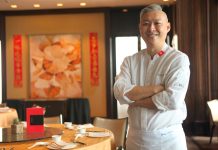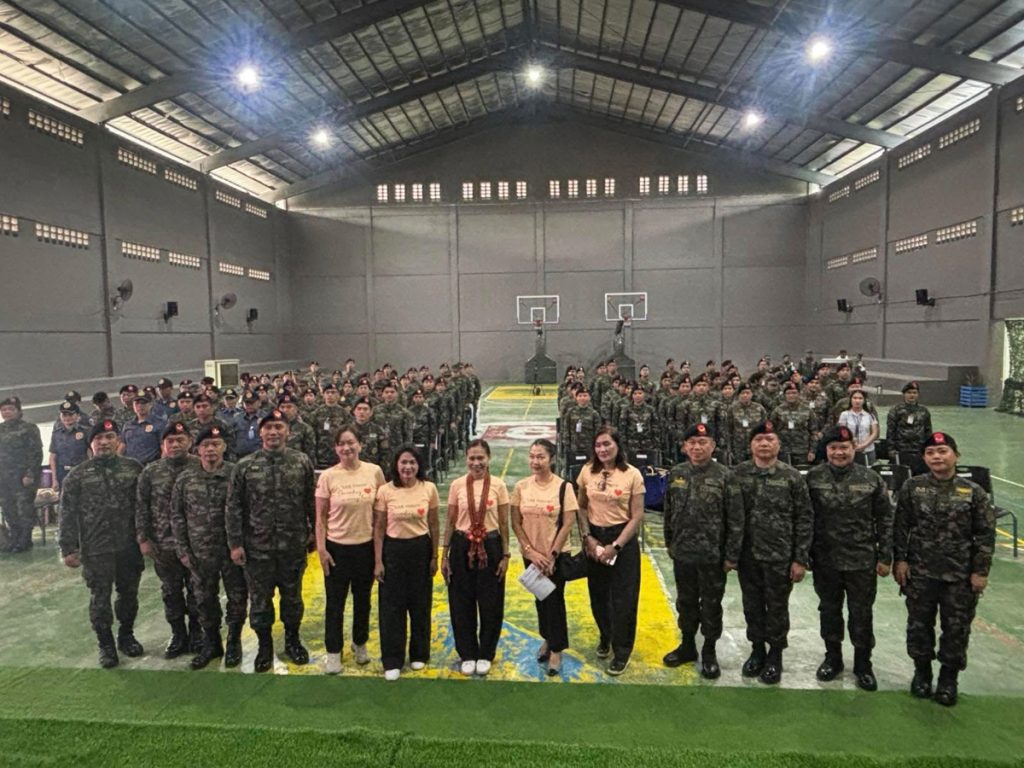
THE strongest among us are often taken for granted. They do their jobs, rush to the frontlines at the first sign of trouble, and shrug off the wounds sustained during the battle. Yet, even though they don’t speak of it, let alone ask for it, these unsung heroes feel encouraged when the people they serve appreciate what they are doing. Such inspiration can strengthen their resolve for the next trial ahead.
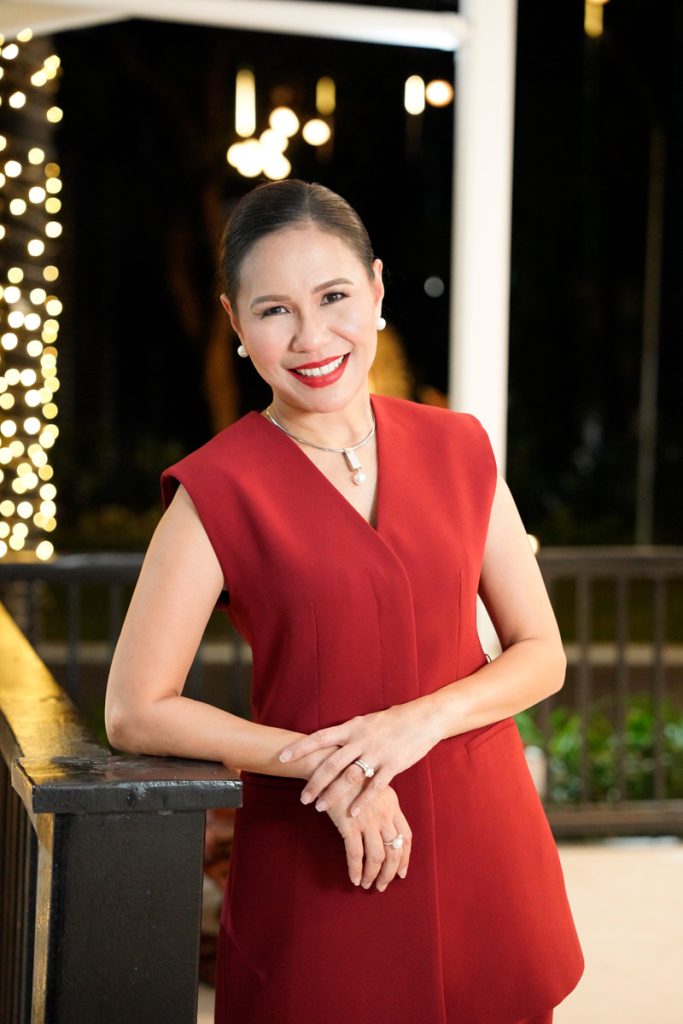
That was what Mary Rose Marbil, the National Adviser for the PNP OLC Foundation Inc. (PNP OLCFI), discovered first-hand when she assumed the position in May 2024. Her husband, Police General and PNP Chief Rommel Francisco Marbil, gave her one simple direction: Look at the well-being of the PNP personnel, and support their welfare. Over time, as Mary Rose went around the 17 regions of the country, visiting the policemen in the area, she would add their spouses and children to the beneficiaries.
Looking back, Mary Rose recalled the transformation of the PNP-OLCFI under her leadership. In the past, the foundation functioned more as an officers’ ladies club, where the significant others of the PNP officers—mostly women—did a lot of charity work for surrounding communities.
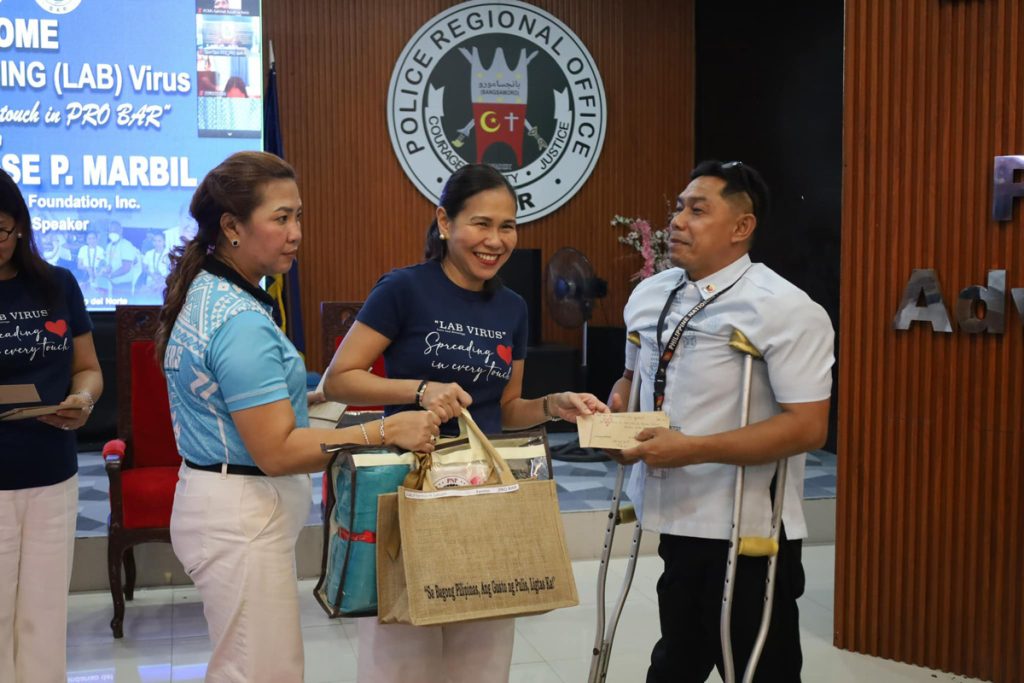
Mary Rose agreed that while such work was for a worthy cause, it overlooked the actual policemen and policewomen who needed help, but remained silent about it. “We never realized that the people who are in need are the PNP personnel, their families, and their dependents,” she said. “When we started helping them, it confirmed our belief that they really needed this. The number of physically ill PNP personnel were more than we ever thought.”

To date, the foundation has helped 500 PNP officers and their families. Assistance comes in various forms: financial support and medical resources through a health system that reaches enlisted men and women at their locations; a child development program based in Quezon City; workshops that build up skills; and fun activities that boost morale and cheer up participants with gifts.

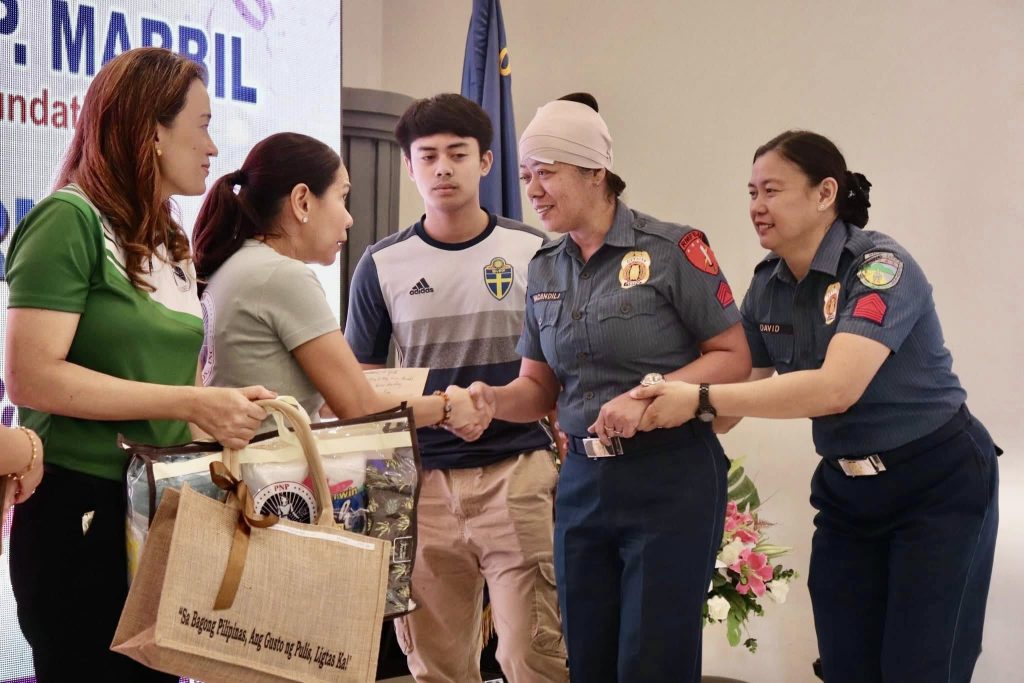

Mary Rose and the PNP-OLCFI refer to these collective initiatives as the LAB Virus. “It stands for love and blessings, which are what we spread,” she said. “We work in partnership with the local health services to identify the critically sick. We go out to each and every region, and ask the policemen and their families how they truly are.”
While PNP personnel are used to rigid discipline to power up their ranks, Mary Rose said the purpose of the LAB Virus is “internal healing.”
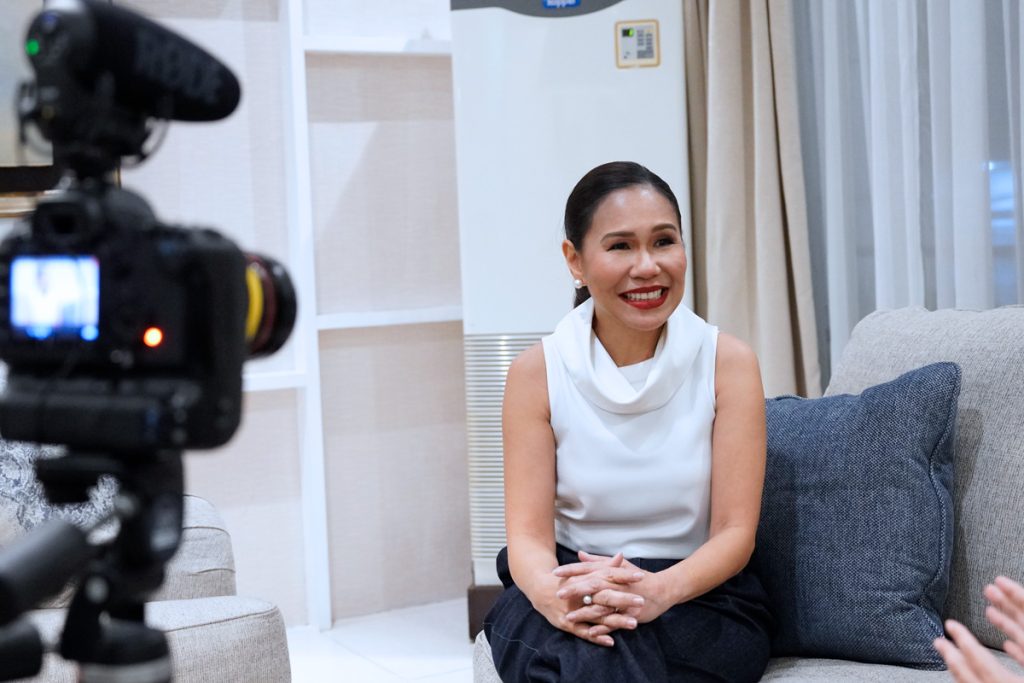
“When there’s a typhoon, PNP personnel are the first to go outside to help the public,” she cited an example. “They leave their own families to serve the people. Right now, they still do that. But one thing we changed is, if a typhoon hits, we also ask the police personnel how they are doing.”
Inclusivity and making sure no one is left behind mean taking into account the male spouses of female police officers. “We have a lot of women in the ranks, and we included their spouses. By the way, four of the PNP generals are women,” Mary Rose said with a smile.
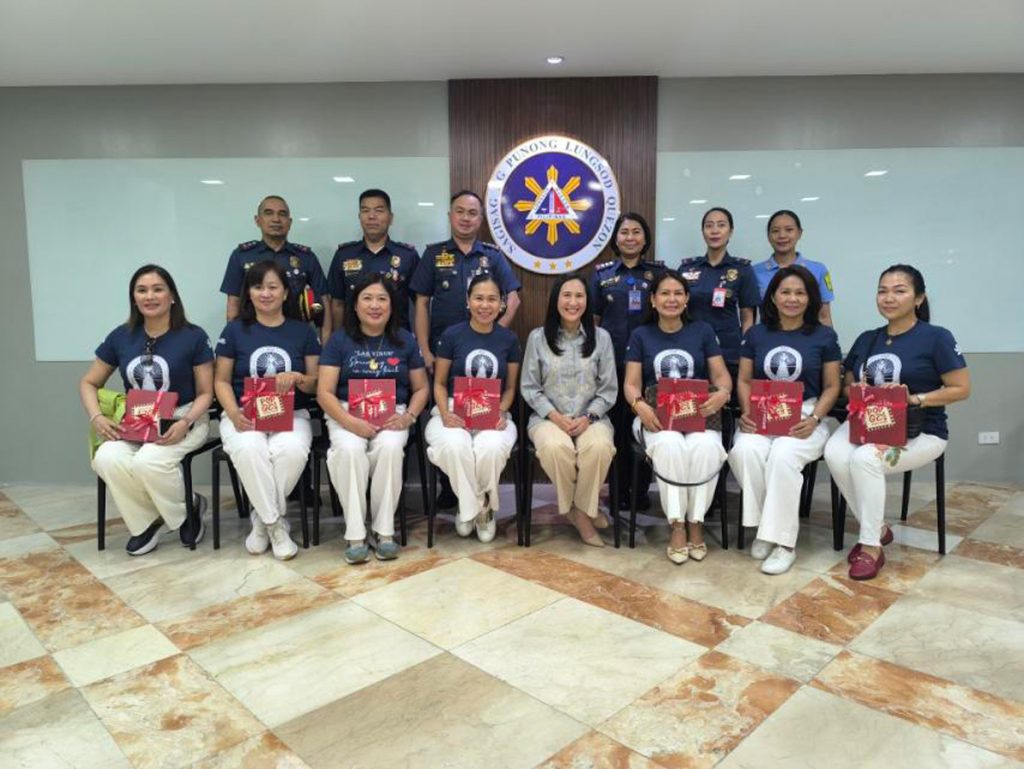
“There have been tangible effects,” she added. “There has been an increase in morale, the personnel and their families are happier. And while I don’t see them on the streets every day, I believe their service would have improved.”
The end result is a circle of love, camaraderie, and courage. The Facebook posts and other email from PNP personnel let Mary Rose and the PNP-OLCFI know almost everyday how much the help, the open arms, and the listening ear are appreciated. In return, they inspire Mary Rose and her team to continue their mission of strengthening the welfare of the men and women in uniform.
There were other, perhaps not so obvious but still significant changes that Mary Rose effected in the foundation when she took over. Her corporate background in the telecommunications industry made her leadership more collaborative and participative. This style was new to PNP personnel, who were used to more hierarchical, chain-of-command management.
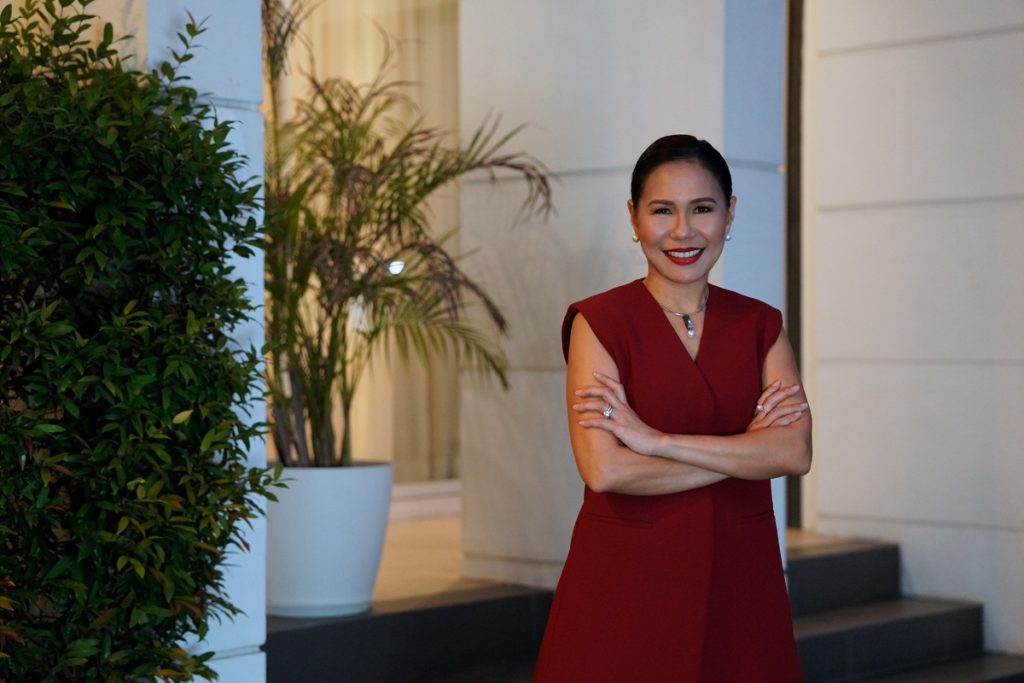
She described her first few meetings with her staff during the early days: “Every time I said something, I told them I wanted their opinion, as well. I had my insights and my wisdom, but I wanted to hear their ideas. That made them feel good about themselves—and that is what made them move.”
Mary Rose acquired that sense of empowerment, which she now wants to pass on to her team, from her parents, who were major influences. Her father was a doctor in the military, while her mother was a government employee. Their devotion to public service impressed Mary Rose at an early age, especially when it came to giving maximum performance with limited resources—an approach she also applies to the foundation: “We have to live within our means while doing good.”
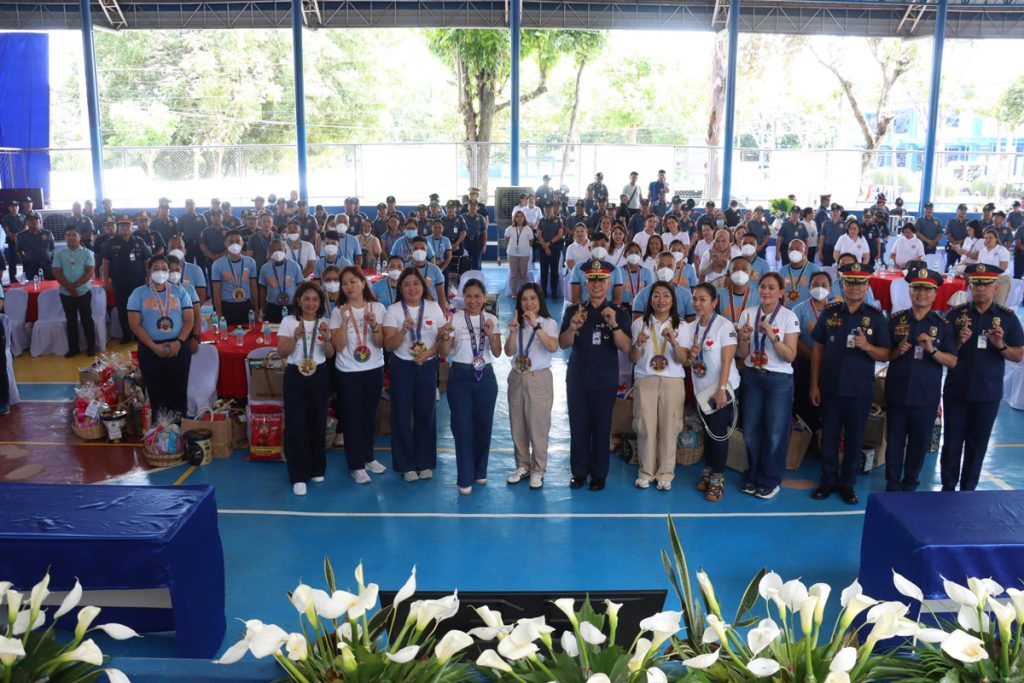
Another major influence, not surprisingly, is her husband, who encouraged her to excel and to have her own career. “It is possible to have a loving marriage and still have your own identity as a woman,” she said. It is a message she imparts to many women, within or outside the PNP, who are still trapped by the traditional thinking that they must give up their own dreams to make their husbands happy.
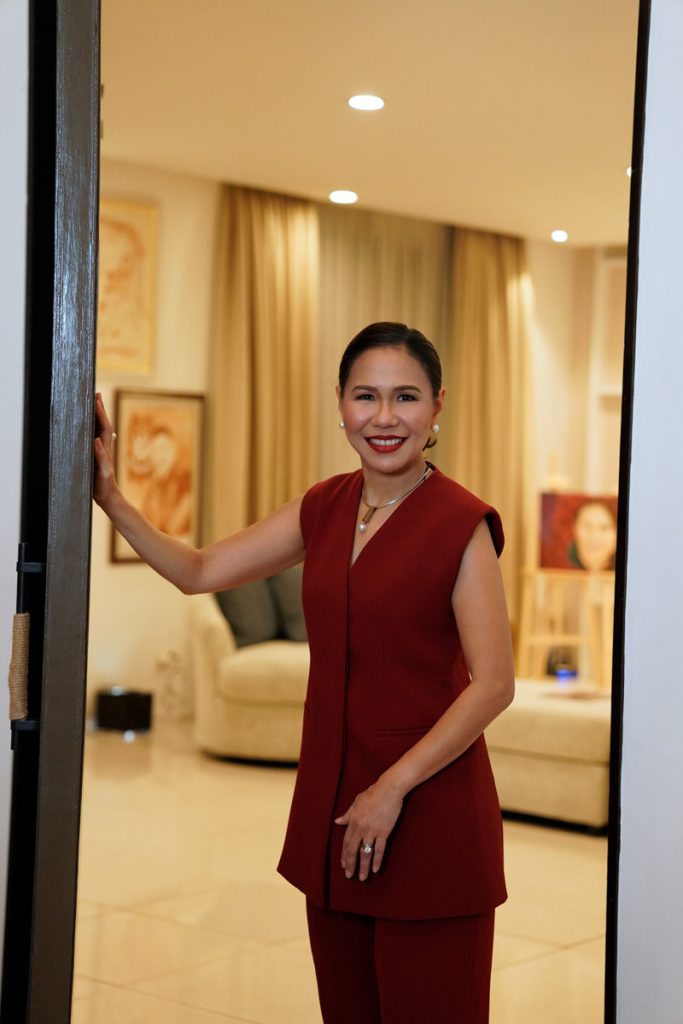
While Mary Rose’s role in the foundation is co-terminus with her husband’s, she hopes it will last a long time. Her own team, who has inherited the vision, can continue the work.
Still, retirement will not keep Mary Rose from doing work she finds worthwhile, and which makes an impact on the public. “I do want to put up a foundation in Batangas, where my parents live,” she said. “It will focus on environmental preservation and the promotion of the arts. It will be my way of giving back.”

















